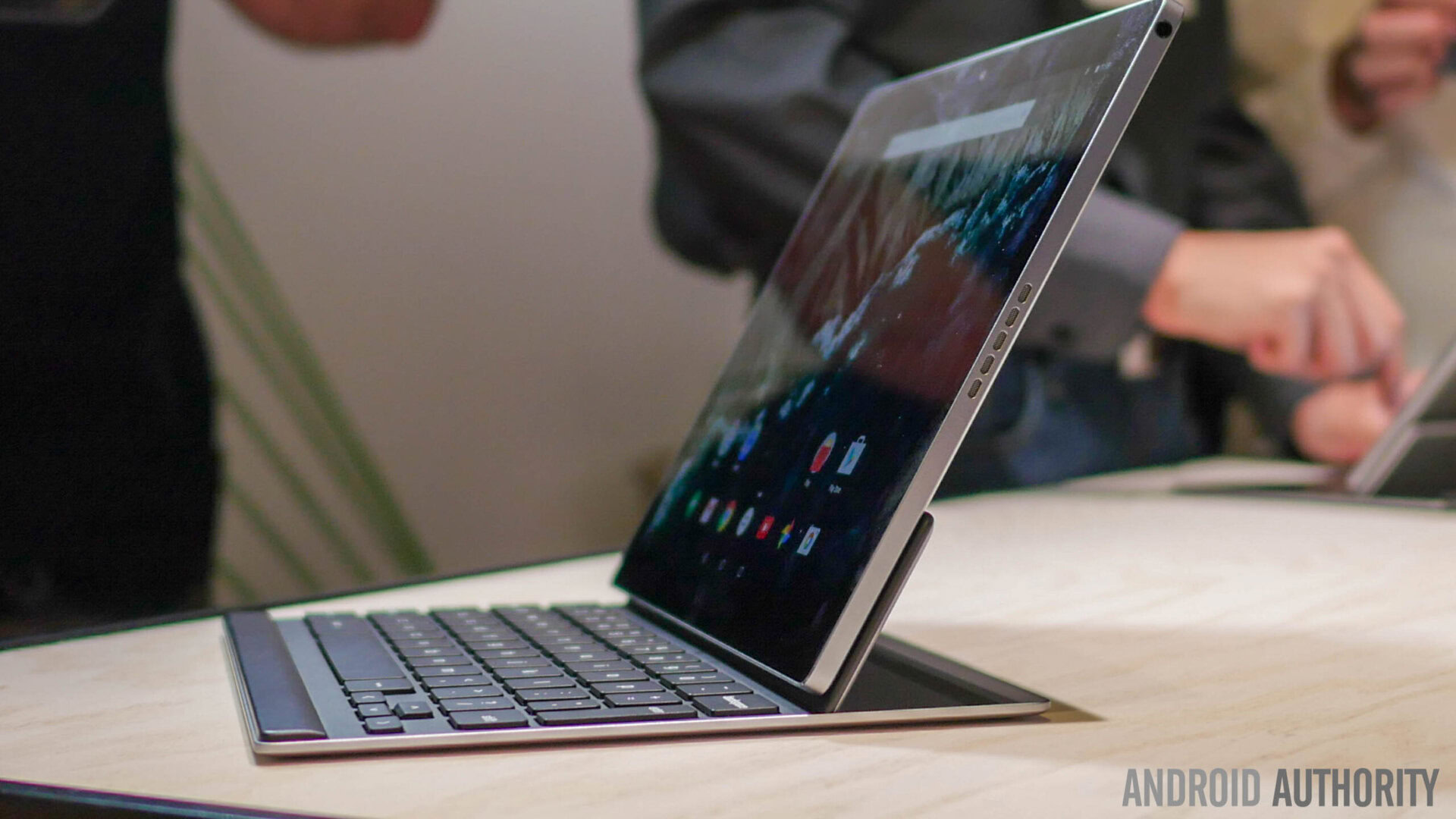Affiliate links on Android Authority may earn us a commission. Learn more.
Is Google working on its own processors?
Published onOctober 27, 2015

Historically, Google hasn’t been much of a hardware company, having relied on partnerships with OEMs to bring products like its Chromebooks and Nexus smartphones to market. That changed with the Chromebook Pixel and more recently with the Pixel C tablet, which was designed and manufactured by Google. That is, apart from one major part, the Tegra X1 processor, which was designed by NVIDIA.
A new Google job listing for a “multimedia chip architect” suggests that Google may be planning to go all the way and design its own processors for future products as well. Interestingly, the listing was apparently posted by the Pixel division.
There are a number of reasons why Google might want to make a move into chip design. For starters, it would give the company greater control over the capacities and performance of its future products. Something which companies like Samsung and particularly Apple are quite keen on. While the Tegra X1 in the Pixel C packs in some serious graphics hardware and a popular big.LITTLE CPU design, perhaps Google may want more control over the CPU configuration or supported peripherals such as high resolution image sensors.

Furthermore, moving towards true end-to-end product design might help give Google’s brand a bit of a boost. There’s no denying that Apple’s work on every part of its product design works wonders for creating a premium brand image, and Google may be looking at a similar approach if it wants to make inroads into premium product segments. Especially given that Nexus products don’t always end up with the finest build quality.
“With the trend towards vertical integration, especially at Microsoft and Apple, it wouldn’t surprise me if Google developed their own chips, especially for Android productivity tablets to compete with the Surface Pro and iPad Pro.” – chip analyst Jim McGregor
Before we get too ahead of ourselves through, the key wording in the listing is a “multimedia chip”, which could mean a number of things. While Google may fancy joining the mobile SoC game, this would be a long and hugely expensive undertaking, which probably isn’t worth the limited number of products and sales. Instead, the tech giant may be looking into designing its own co-processors that sit alongside a main SoC designed by someone else, to gives its products an advantage over the competition.
The job listing specifically mentions “image processing, video processing, stabilization.” Given that higher-quality camera processing and high resolution video recording/playback are now major features in a range of mobile products, Google could be looking at using its own image or video processors rather than relying on third party chips.

Image and video processing is also a hugely important part of Google’s Project Tango tablet, and a hardware refresh might require some dedicated and more specialized hardware to realize Google’s vision. Alternatively, a low power, low cost, specialized multimedia processor for products like Google’s Chromecast could also make sense. Unfortunately, Google declined to comment on the job listing or any processor plans, leaving us in the dark.
All of that being said, product development often requires advanced knowledge of chip design anyway, in order to test and optimize products. The job posting alone does not mean that Google is planning to build its own chips, but there are some pretty good reasons why the company may want to do so.